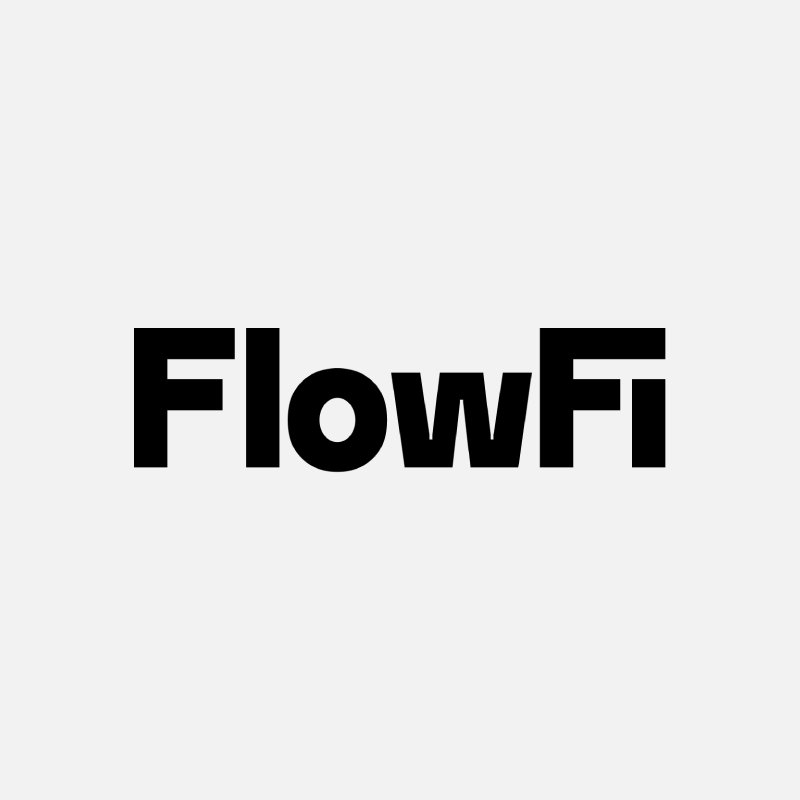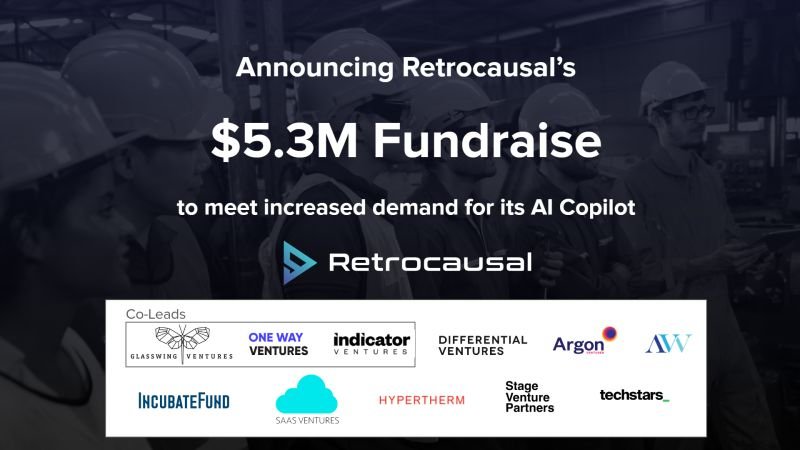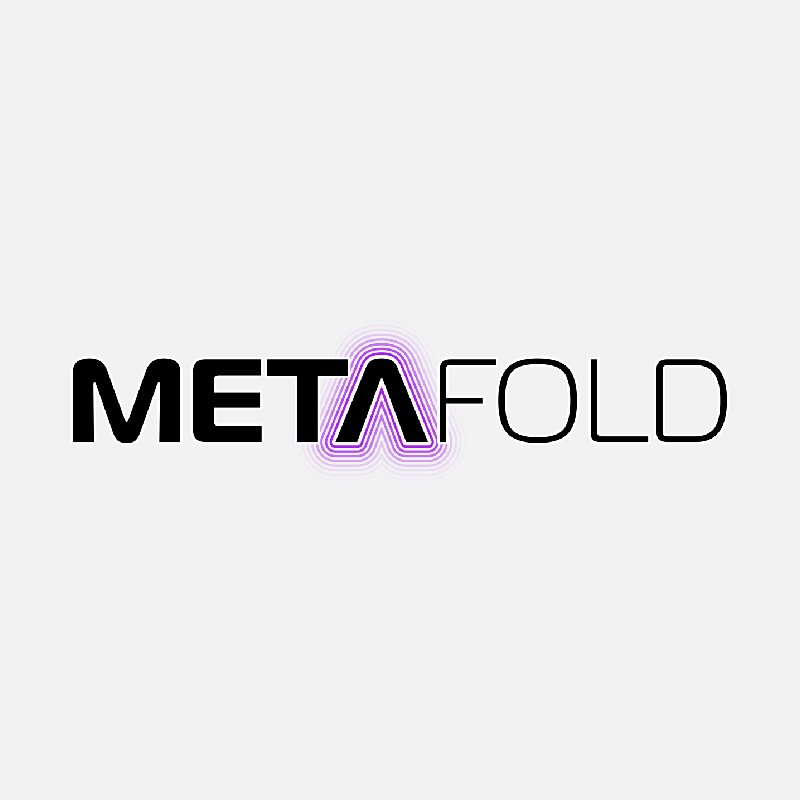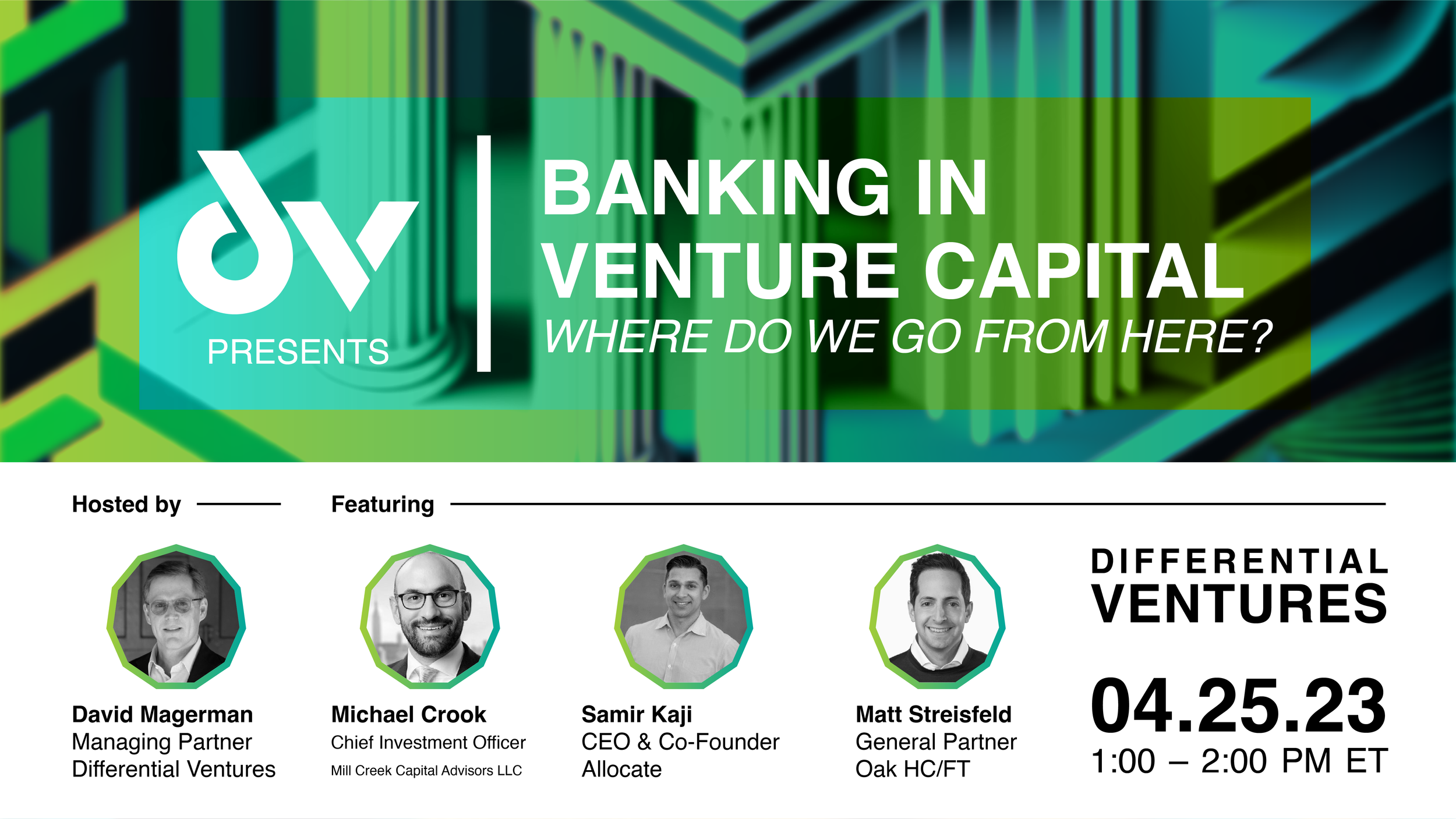'Leadership Series' Part 3 - ZOOM Fatigue is Real
By Lou Diamond - Host of Thrive LOUD & the CEO of Thrive
Like many of us, I have been spending weeks on end in my home office in front of my computer screen. And at the end of each week, I have been bleary eyed and utterly exhausted. Wanting to better understand why I was so tired, I logged onto my Zoom account to see how much time I had spent ‘connecting’ to clients and colleagues during the week. Whether conducting group sessions, working one-on-one, facilitating a large group presentation or participating in a virtual happy hour, I spent over 45 HOURS IN ZOOM MEETINGS in one week alone.
I’m ‘ZOOMED OUT’.
And I know I’m not alone.
I want to state it LOUD and clear: Video conferencing platforms are ESSENTIAL tools and have been true LIFE SAVERS in helping me navigate through COVID-19. The ability to visually see so many people in lieu of being able to meet them in person has been instrumental in helping everyone move through this unprecedented time of social isolation. Imagine how much more lonely we would all feel if we were NOT able to catch a glimpse of our work colleagues, clients, family members and friends via Zoom. Yet like many ‘cool new toys,’ we tend to overuse them. The result? ZOOM FATIGUE.
How can we maintain the virtual connections video conferencing provides us without ‘over Zooming?’ How can we create a healthy Zoom/Life balance?
Below are a set of lessons learned and best practices that you can use to still virtually connect yet not overdose on screen time.
The Virtual Zoom Huddle
Kickstart your day with a brief, ten minute huddle with your internal team. Ten minutes is all you need to see one another and identify what everyone should be focused on for the day. Each attendee should share the things they’re working on and where they need help. Team leaders should make themselves available for 20 minutes after the call to answer any follow-up questions and to help the team members individually.
Don’t Forget Your One-on-Ones
Group Zoom meetings are great, but they do not take the place of individual conversations with your individual team members. While one-on-ones are not needed every day, make sure to schedule quick, individual 5 to 10 minute video chats with the members of your team once every two weeks. Think of it as the substitute for passing by their desk or having them pop into your office at work to make sure everything is going alright and they are set up for success.
There’s a reason it’s called a SmartPHONE
Some conversations do not require having to be on a video conference call. A simple ‘phone call’ will suffice. It also will strengthen your listening skills and give your eyes a much needed rest. Some of those follow up conversations that might be needed after your ‘Virtual Zoom Huddle’ can be conducted on your phone. Phone conversations tend to be shorter and not to mention easier to initiate.
Keep Good Time
Set expectations for EVERY meeting. If it is scheduled to be a 30 minute meeting, aim to wrap it up in 25. Abiding to the set time frame shows a sense of empathy and a respect for time for all attendees. Remember that there is a high probability that others have multiple calls throughout the day. It’s a great idea to assign the role of a participant time-keeper for any video conference meeting you have. The time-keeper should make sure to keep everyone aware and updated as to the amount of time remaining on the call. More importantly, if a very important topic needs to be addressed … asking all attendees for permission if they can stay on longer is arguably as important as the issue at hand.
Meet for ONE drink
I love happy hours. The opportunity to see and interact with people in a more relaxed setting is a great way to catch-up. I am even learning to love VIRTUAL happy hours. However, I’ve attended some gatherings where the audience is so large that it’s hard to really enjoy the reunion. When there are too many people on the screen, it’s hard to connect with anyone. Groups of 10 or less are ideal. More than 10 can become challenging, and when the number exceeds 15, it's just too many virtual attendees. Try to keep your gathering to a ‘one drink minimum’ - which should be roughly 30 minutes. Think of it as catching up with a friend at the train station. It’s ideal for one drink and then you need to head home. You can always set up a “Virtual Coffee” if the one-drink wasn’t enough.
Don’t Bite Off More Than You Can Chew
Solving one problem within one meeting is a major accomplishment. Yet somehow we believe that we can tackle multiple issues within one session. More often than not, taking on too many issues at once ends up wasting time and confusing matters even more. Meet to handle one issue at a time. The more focused the meeting is, the more productive it will be. And that rule holds for both in-person and virtual meetings.
Lou Diamond is a Keynote Speaker | Growth Consultant | Leadership Mentor | Best-Selling Author | Host of Thrive LOUD & the CEO of Thrive - helping businesses, leaders and brands achieve explosive growth through the power of connecting.
More News & Insights
Differential goes on the record with Lizzy Kolar, the co-founder and CEO of Scope Zero. Scope Zero's mission is to reduce annual utility bills and fuel expenses by $300 billion, the environmental equivalent of removing 125M cars from the road.
Differential goes on the record with Moshe Hecht, an award-winning philanthropic futurist and innovator, reshaping the world of giving through technology and data solutions. The founder and CEO of Hatch, he is a dedicated philanthropist and has been published in Forbes, Guidestar, and Nonprofit Pro.
The WorkplaceTech Spotlight host Hadeel Al-Tashi sits down with Lizzy Kolar, Co-Founder and CEO of Scope Zero to dive into how Scope Zero's Carbon Savings Account (CSA) empowers employees to make affordable home technology and transportation upgrades while aligning with corporate sustainability goals. They discuss how the CSA not only supports environmental and financial wellness for employees but also strengthens a company's commitment to sustainability. Don't miss this opportunity to learn how integrating green benefits can drive meaningful impact within your organization.
Hatch AI, a groundbreaking intelligence platform for nonprofits, announced a $3 million raise in seed funding, led by Differential. Read the full press announcement at the link below.
MIT News: Alumni-founded Pienso has developed a user-friendly AI builder so domain experts can build solutions without writing any code.
On the Record with Nate Cavanaugh, CoFounder & Co-CEO of FlowFi.
In 2021, Nate co-founded of FlowFi, a SaaS-enabled marketplace that connects startups and SMBs with finance experts. FlowFi has raised $10M from top VC firms including Blumberg Capital, Differential Ventures, Clocktower Ventures and Precursor Ventures, and generated 7-figures of annual recurring revenue in its first year.
Nate was nominated to the Forbes 30 Under 30 list for Enterprise Technology.
TECHCRUNCH: FlowFi, a startup creating a marketplace of finance experts for entrepreneurs, closed on $9 million in seed funding.
Blumberg Capital led the investment and was joined by a group of investors including Parade Ventures, Differential Ventures, Precursor Ventures, Special Ventures, 14 Peaks Capital and Cooley LLP.
NASDAQ: Nasdaq TradeTalks: 2024 Cybersecurity Budget Outlook with Almog Apirion, Cyolo.
FINSMES: Retrocausal, a Seattle, WA-based platform provider for manufacturing process management, raised $5.3M in funding.
The round was led by Glasswing Ventures, One Way Ventures, and Indicator Ventures, with participation from existing investors Argon Ventures, Differential Ventures, Ascend Vietnam Ventures, Incubate Fund US, SaaS Ventures, Hypertherm Ventures, Stage Venture Partners, and Techstars.
AI and the Future of Work Podcast: Entrepreneurs wonder what it’s like to be a VC. And VCs without an operating background often don’t understand the grit required to turn an idea into a successful business. The best investors have been successful operators first.
Today’s guest is one of those. Nick Adams founded Differential Ventures in 2017 to invest in B2B, data-first seed-stage companies. Since then, Nick and the team have invested in an impressive group of companies including Private AI, Ocrolus, and Agnostiq.
On the Record with Elissa Ross, CoFounder & CEO of Metafold. Elissa Ross is a mathematician and the CEO of Toronto-based startup Metafold 3D. Metafold makes an engineering design platform for additive manufacturing, with an emphasis on supporting engineers using metamaterials, lattices and microstructures at industrial scales. Elissa holds a PhD in discrete geometry (2011), and worked as an industrial geometry consultant for the 8 years prior to cofounding Metafold. Metafold is the result of observations made in the consulting context about the challenges and opportunities of 3D printing.
Nick Adams on PM360: To get a better grasp on what eventual AI regulations could and should look like, PM360 spoke with Nick Adams, Founding Partner at Differential Ventures. In addition to starting the venture capital firm focused on AI/machine learning in 2018, Adams is also a member of the cybersecurity and national security subcommittee for the National Venture Capital Association and recently briefed members of Congress on AI policy and potential regulation.
BETAKIT: Metafold 3D, which wants to make it easier for manufacturers to design and 3D print complex parts, has secured $2.35 million CAD ($1.78 million USD) in seed funding.
Toronto-based Metafold was founded in 2020 by a group of math, geometry, and architecture experts in CEO Elissa Ross, CTO Daniel Hambleton, and COO Tom Reslinski. Born out of Hambleton’s geometry-focused consulting agency, Mesh Consultants, Metafold sells design for additive-manufacturing software to sportswear and biopharmaceutical companies.
Nick Adams on TECHBREW: For all the pixels spilled about the promises of generative AI, it’s starting to feel like we’re telling the same story over and over again. AI is serviceable at document summarization and shows promise in customer service applications. But it generates fictions (the industry prefers the euphemistic and anthropomorphizing term “hallucinates”) and is limited by the data on which it’s trained.
ATLANTA and TEL AVIV, Israel, June 29, 2023 /PRNewswire/ -- Mona, the leading intelligent monitoring platform, unveils a new monitoring solution for GPT-based applications. The free, self-service offering provides businesses with granular visibility into GPT-based products and valuable insights into costs, performance, and quality.
David Magerman on THEINFORMATION: OpenAI’s stated goal is to develop and promote a software system capable of artificial general intelligence. Toward that end, the company has released systems based on large-language models, which can respond to prompts with fluent conversation on many subjects. ChatGPT, Microsoft’s Bing chatbot and other new systems based on OpenAI’s GPT-3 and GPT-4 models are truly incredible and perform far beyond previous attempts at achieving AGI.
BUSINESSWIRE: Morgan Stanley at Work and Carver Edison, a financial technology company, announced today that Shareworks has joined Equity Edge Online® in offering Cashless Participation® to U.S.-based corporate clients. Since the initial launch of Cashless Participation® on Equity Edge Online®, stock plan participants have purchased more than one million shares1 with Cashless Participation®. Now that Shareworks has also launched the tool, a wider cohort of Morgan Stanley at Work corporate clients will have access.
FOX5 WASHINGTON DC: Nick Adams discusses the pros and cons of Artificial intelligence.
PULSE 2.0: Differential Ventures is a seed-stage venture capital fund that was founded by data scientists and entrepreneurs for data-focused entrepreneurs. To learn more about the firm, Pulse 2.0 interviewed Differential Ventures’ managing partner and co-founder Nick Adams.
IoTForAll: Golioth, a leading developer platform for the Industrial Internet of Things (IIoT), announced open access to a library of new reference designs for embedded engineers to accelerate their time to market, the launch of a Select Partner Program for energy and construction developers, and the completion of a $4.6M round of seed funding led by Blackhorn Ventures and Differential Ventures with participation from existing investors, Zetta Venture Partners, MongoDB Ventures and Lorimer Ventures.
VENTURE BEAT: Data privacy provider Private AI, announced the launch of PrivateGPT, a “privacy layer” for large language models (LLMs) such as OpenAI’s ChatGPT. The new tool is designed to automatically redact sensitive information and personally identifiable information (PII) from user prompts.
DIGINOMICA: What can an early-stage investor tell enterprises about the nascent quantum market?
The quantum tipping point – that fabled moment when quantum technologies break through to commercial adoption at scale – has been questioned in a previous diginomica report…
ENTER QUANTUM: Experts agree that commercial quantum computing at scale could be as much as 10 years away, but this hasn’t stopped investors from betting on it turning a profit in the near future. U.S. tech venture capital company Differential Ventures led the recent $6 million seed extension round for quantum software company Agnostiq which it will use to accelerate further development and commercialization of its enterprise-grade quantum and high-performance computing platform Covalent.
In this Q&A, Differential founding partner David Magerman explains why investors are throwing their weight behind commercial quantum now.
On Tuesday, April 25th, 2023, Differential Ventures hosted a webinar on “Banking in Venture Capital & the Tech Industry”. The panel was moderated by David Magerman, Managing Partner of Differential Ventures, and joined by guest speakers Michael Crook (Chief Investment Officer, Mill Creek Capital Advisers), Samir Kaji (CEO & Cofounder, Allocate), and Matt Streisfeld (General Partner, Oak HC/FT).
AICamp: Augment is a 3 month long accelerator program run by Betaworks, aimed at bringing together the most creative pre-seed & seed stage companies building software powered by AI to augment human activity.
Quantum computing startup Agnostiq Inc. said today, April 5, 2023, it has closed on a seed funding round worth $6.1 million to help accelerate the development of its enterprise-grade quantum and high-performance computing platform.
Sand Hill Road Podcast: Nick Adams joined the Sand Hill Road podcast to discuss the way startups can survive a downturn.
UniteAI: There’s no question that machine learning operations (MLOps) is a burgeoning sector. The market is projected to reach $700 million by 2025 – almost four times what it was in 2020.
Still, while technically sound and powerful, these solutions haven’t generated the expected revenue, which has raised concerns about future growth.





























